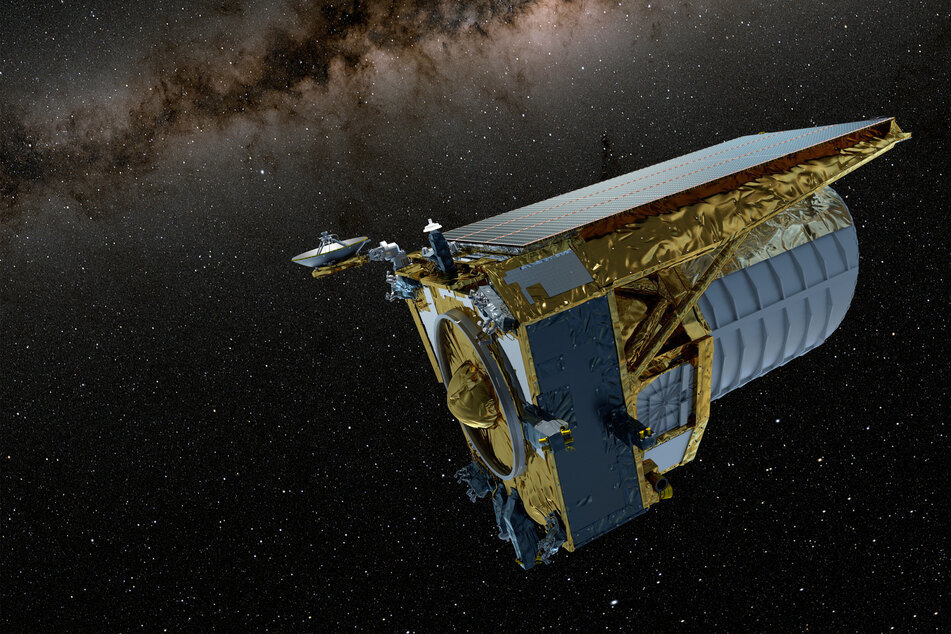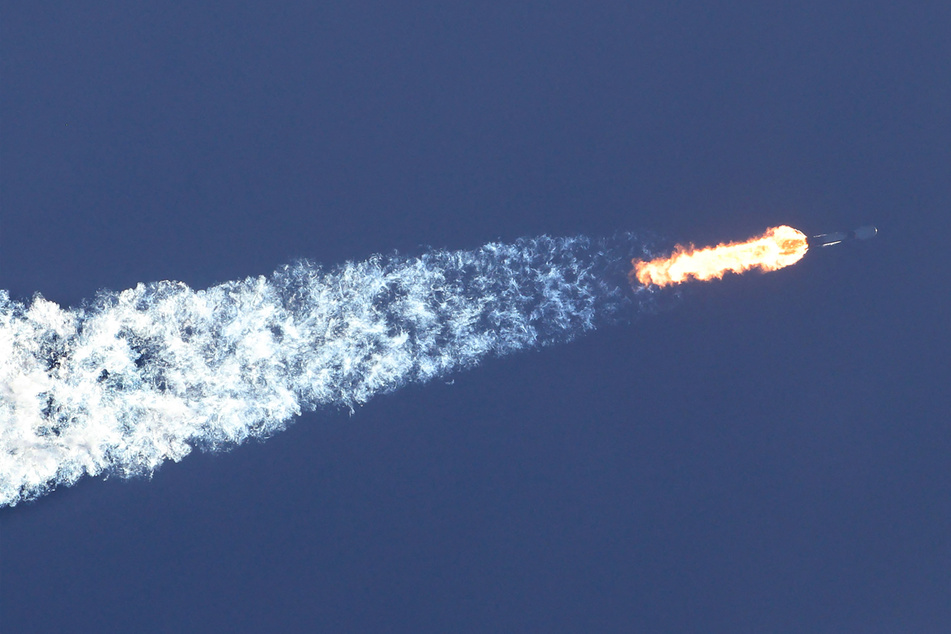Space mission takes off to uncover mysteries of dark universe
Cape Canaveral, Florida – A European space telescope has blasted off on a million-mile journey to uncover the mysteries of the dark universe.

The spacecraft Euclid took off from US spaceport Cape Canaveral in Florida, aboard a Falcon 9 rocket from Elon Musk's company SpaceX on Saturday.
Euclid's space telescope "will create a great map of the large-scale structure of the Universe across space and time by observing billions of galaxies out to 10 billion light-years, across more than a third of the sky," according to the European Space Agency (ESA).
Euclid aims to explore how the Universe has expanded and how structure has formed over cosmic history, to reveal more about the role of gravity and the nature of dark energy and dark matter, ESA said ahead of the launch.
Euclid is set to fly about 1.5 million kilometers – nearly 1 million miles – into space on a journey expected to take about a month. After a few tests, the mission, which is costing $1.5 billion, will begin in earnest in October.
The probe is to be in operation for six years.
What is dark energy? And what will the Euclid mission do?

Space researchers hope Euclid will shed light on the expansion of the universe and help deepen understanding of the way individual structures have formed.
"I expect Euclid to flood the scientific community with an unprecedented, huge amount of data," said Giuseppe Racca, who is responsible for the mission at ESA.
"The Euclid mission aims to uncover the mysteries of the 'dark' Universe... the invisible part of the cosmos makes up more than 95% of the mass and energy in our Universe," ESA said ahead of the launch.
"Ordinary matter that makes up everything we see - from stars and galaxies to planets and people - amounts to only 5% of the cosmos," it noted.
It said an unknown "dark energy" appears to drive the current accelerated expansion of the Universe though it is unclear how and why.
Euclid aims to explore "the variations in the cosmic acceleration with extreme precision, revealing the nature of dark energy in this process," ESA said.
More than 2,000 scientists across Europe have been involved in the mission, from its design to its construction and analysis.
Cover photo: REUTERS